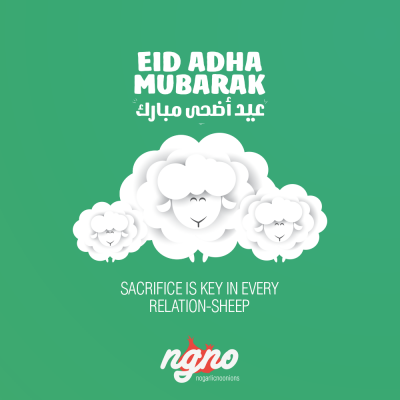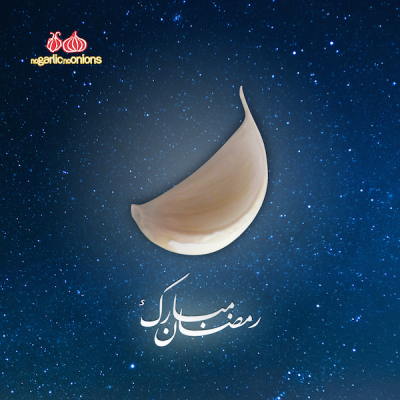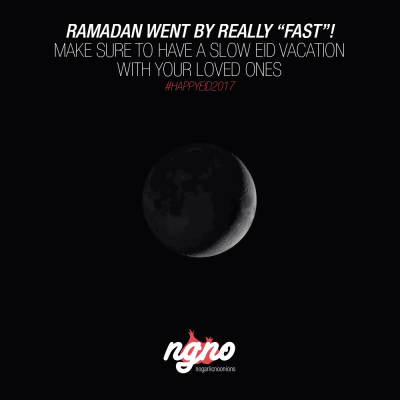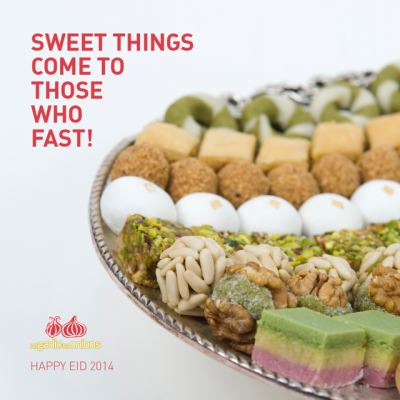Eid al-Fitr, commonly known as Eid, is a joyous celebration that marks the end of Ramadan. It's a time for Muslims all over the world to come together and rejoice in their faith, traditions, and values. The festive atmosphere is contagious as families and friends gather to exchange gifts, share delicious feasts, and spread happiness.
Many non-Muslims may feel excluded from this grand celebration due to a lack of knowledge or understanding about Islam and its customs. Let's discuss how you can make your EID celebration inclusive for everyone by incorporating diversity and promoting inclusivity without compromising on the essence of this special occasion.
Diverse Menu Options
Eid is a time of great celebration for Muslims all around the world. And what better way to make the festivities even more enjoyable than to offer a diverse range of mouth-watering dishes to your guests? Catering to different dietary preferences, including vegetarian and vegan options, is a great way to welcome all your guests and ensure that everyone finds something to their liking.
Traditional Eid dishes, like biryani and samosas, can also be modified to suit different dietary needs. Don't forget to label the dishes with their ingredients so that guests with food allergies or restrictions can make informed choices. And let's not forget about the dessert: there are many EID cakes and sweets that can be bought or made at home to cater to different dietary restrictions. Regardless of their dietary preferences, your guests will appreciate the effort you put into making everyone feel included.
Extend Open Invitations
Eid is a time for families to come together, share meals, and enjoy the blessings of Allah. Still, not everyone may have family or close friends to celebrate with. Consider extending open invitations to your neighbors, colleagues, and acquaintances who may not have anyone to share Eid with. This act of inclusivity will make them feel welcomed and give them a chance to experience the warmth and love of an Eid celebration. You can also reach out to local community organizations or interfaith groups and invite them to join in the festivities. This is an excellent opportunity to build bridges and promote harmony among different cultures and faiths.
Educate and Inform
One of the most effective ways to make Eid celebrations inclusive is by educating and informing guests about the significance of the day. A brief overview of Eid al-Fitr's history, its cultural importance, and the customs observed during the celebration can be enlightening for non-Muslim attendees.
Providing pamphlets or hosting a short talk can demystify the festivities and foster a deeper understanding and respect among all guests. Such educational efforts enhance the inclusivity of the event and pave the way for meaningful conversations and interactions. By sharing knowledge, you invite everyone into the spirit of Eid, promoting a sense of community and mutual respect that transcends religious and cultural boundaries.
Cultural Exchange Activities
Eid celebrations are an excellent opportunity to showcase the rich diversity of Islamic culture and promote cultural exchange. Including activities like henna painting, calligraphy demonstrations, or traditional dress showcases can be a fun way to engage guests and introduce them to the beauty of Muslim customs.
You can also encourage guests to bring their own cultural traditions and share them with others. This could be through music, dance, or even storytelling. These activities promote a sense of unity and understanding as people from different backgrounds come together to celebrate and learn from each other.
Dress Code Guidelines
Eid is a time to dress up in your finest clothes and feel good about yourself. Since some may not be familiar with Islamic dress codes or have appropriate attire, it's helpful to provide some guidelines so that everyone can feel comfortable and participate in the festivities.
For women, recommending modest and loose-fitting clothing that covers the arms and legs is a good place to start. Men can be advised to wear traditional clothes like kurta or thobes. You can also have spare hijabs or scarves available for those who may want to wear one but don't have their own.
Open Discussions and Q&A
Finally, consider hosting an open discussion or Q&A session during the celebration to address any questions or concerns guests may have about Eid and its customs. This is a chance to dispel any misconceptions and foster a deeper understanding of Islam and its traditions.
Creating a safe space for dialogue and respectful conversations can go a long way in promoting inclusivity and breaking down barriers. Encourage guests to ask questions and engage in meaningful discussions, building bridges and promoting mutual understanding.
Making your Eid celebration inclusive for everyone enriches the experience not just for guests, but for hosts as well. By being mindful of diverse dietary needs, extending open invitations, educating attendees, engaging in cultural exchange, providing dress code guidelines, and encouraging open discussions, you create a welcoming atmosphere that embodies the true spirit of Eid.
This spirit of inclusivity and community fosters understanding and respect across different cultures and faiths, turning the celebration into a bridge that connects hearts and minds. Celebrate Eid in a way that everyone, regardless of their background, feels valued and included, ensuring a memorable experience for all.






































